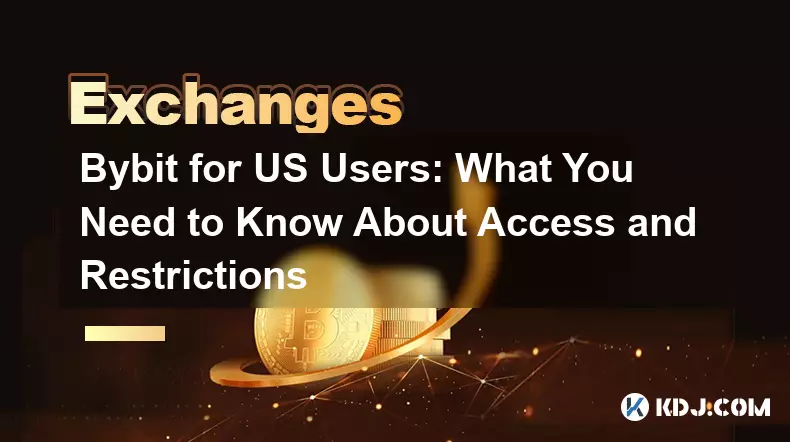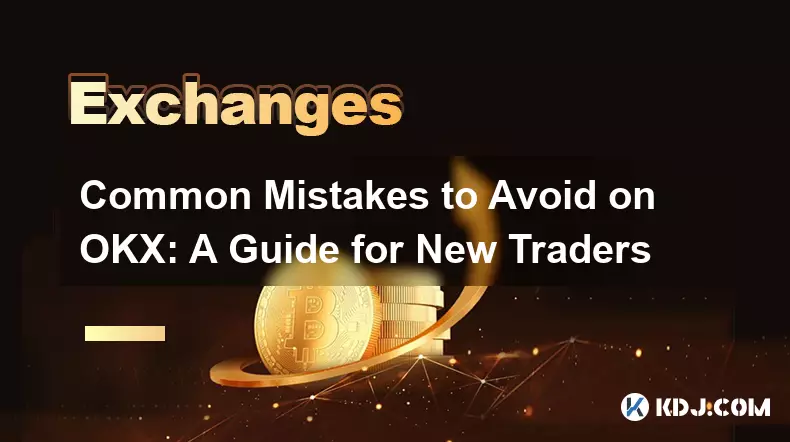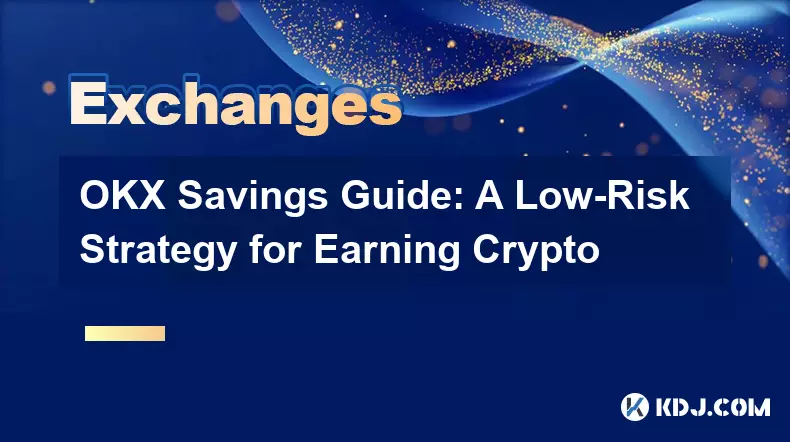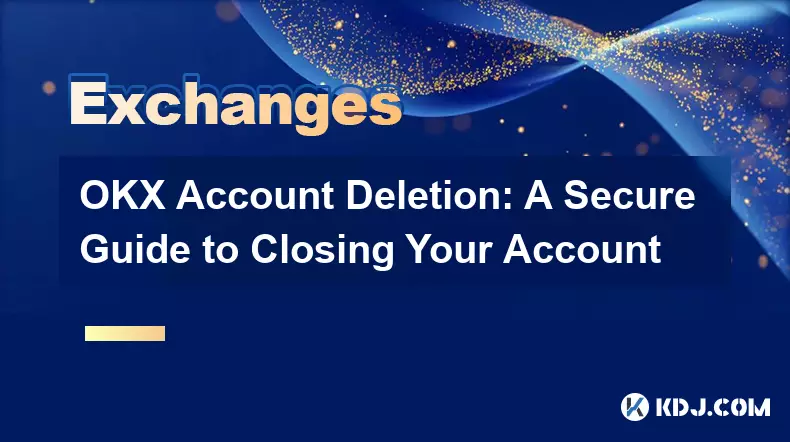-
 bitcoin
bitcoin $99177.955738 USD
-7.32% -
 ethereum
ethereum $3187.183061 USD
-12.38% -
 tether
tether $0.999809 USD
0.00% -
 xrp
xrp $2.117933 USD
-9.42% -
 bnb
bnb $906.710033 USD
-9.17% -
 solana
solana $149.367737 USD
-10.74% -
 usd-coin
usd-coin $0.999816 USD
0.01% -
 tron
tron $0.281498 USD
-0.38% -
 dogecoin
dogecoin $0.156292 USD
-8.00% -
 cardano
cardano $0.500744 USD
-10.19% -
 hyperliquid
hyperliquid $38.087358 USD
-4.58% -
 chainlink
chainlink $14.097831 USD
-8.54% -
 bitcoin-cash
bitcoin-cash $463.329916 USD
-9.22% -
 ethena-usde
ethena-usde $0.999078 USD
-0.01% -
 unus-sed-leo
unus-sed-leo $9.475862 USD
-0.79%
Bybit for US Users: What You Need to Know About Access and Restrictions
Bybit blocks U.S. users due to regulatory restrictions, and attempts to bypass these measures may result in account suspension and fund loss.
Nov 04, 2025 at 06:30 pm

Bybit’s Current Stance on US Access
1. Bybit has maintained a strict policy of not allowing users from the United States to access its platform. This restriction is rooted in regulatory compliance with U.S. financial laws, particularly those enforced by the Securities and Exchange Commission (SEC) and the Commodity Futures Trading Commission (CFTC). The exchange does not hold the necessary licenses to operate as a digital asset trading platform within U.S. jurisdiction.
2. Attempts by U.S. residents to create accounts using virtual private networks (VPNs) or false residential information are actively monitored. Bybit employs geolocation tools and identity verification processes such as Know Your Customer (KYC) checks to detect and block unauthorized access. Accounts found to be in violation are subject to immediate suspension and fund freezing.
3. Despite global expansion in regions like Europe, Asia, and the Middle East, Bybit has not indicated any plans to re-enter the U.S. market. The complexity of state-by-state regulations and federal oversight makes compliance a significant operational hurdle. The company continues to focus on markets where cryptocurrency derivatives trading is legally recognized and regulated.
Available Alternatives for U.S. Traders
1. Several domestic exchanges offer services similar to Bybit but tailored to U.S. regulatory standards. Platforms such as Kraken, Bitstamp, and Gemini provide futures and margin trading under CFTC and state-level supervision. These platforms integrate bank transfers, USD stablecoin pairs, and compliant derivatives products.
2. U.S. traders seeking leveraged positions can access regulated crypto derivatives through approved brokers or futures contracts listed on exchanges like CME Group. Bitcoin and Ethereum futures are available for trading, offering exposure without direct ownership of underlying assets. These instruments are settled in cash and adhere to strict reporting requirements.
3. Some international platforms have launched region-specific versions that comply with U.S. rules. These localized sites restrict certain features like high-leverage trading or unregistered tokens but allow participation within legal boundaries. Users must verify whether an offshore brand operates a registered entity in the U.S.
Risks of Bypassing Geographic Restrictions
1. Connecting to Bybit via IP masking tools may lead to irreversible account termination. Once detected, withdrawal privileges are often revoked during investigation periods, leaving funds inaccessible. There is no legal recourse for U.S. citizens who violate terms of service by circumventing location blocks.
2. Engaging with non-compliant platforms exposes users to heightened cybersecurity threats and lack of investor protections. Unlike regulated exchanges, Bybit does not participate in insurance programs covering theft or platform failure. Dispute resolution mechanisms are limited, especially when governed by foreign legal systems.
3. Tax implications also arise when trading on unregistered platforms. The IRS requires reporting of all cryptocurrency transactions, including those conducted overseas. Inaccurate or omitted records due to use of shadow accounts can trigger audits, penalties, or criminal investigations.
Regulatory Landscape Influencing Access
1. The absence of a unified federal framework for cryptocurrency creates fragmented enforcement. While some states adopt progressive policies toward digital assets, others classify certain tokens as securities, restricting their trade. This inconsistency deters global exchanges from pursuing multi-state licensing.
2. Enforcement actions against unregistered platforms have increased in recent years. The SEC has pursued cases involving offshore exchanges facilitating access to U.S. customers, citing violations of anti-money laundering (AML) and securities laws. These precedents reinforce Bybit’s decision to maintain a complete ban.
3. Legislative proposals such as the FIT21 bill aim to clarify jurisdictional roles between the SEC and CFTC regarding crypto assets. If passed, it could create pathways for qualified foreign exchanges to apply for limited operation permits. However, current law offers no such provisions, keeping restrictions firmly in place.
Frequently Asked Questions
Can U.S. citizens use Bybit if they travel abroad?While physical presence outside the U.S. might allow temporary access, identity verification tied to U.S. residency will still prevent account activation. Nationality and permanent address are key factors in eligibility checks.
Does Bybit support USD deposits for American users?No. Bybit does not accept USD deposits from U.S.-based banks or payment processors. The platform lacks integration with U.S. banking rails and prohibits transactions denominated in USD from domestic sources.
Are there any U.S.-facing subsidiaries of Bybit?As of now, Bybit has not established a licensed subsidiary to serve U.S. customers. Unlike some competitors that launched separate entities to meet local regulations, Bybit maintains a single global brand without domestic adaptation.
What happens if a U.S. user accidentally signs up on Bybit?If detected during KYC review, the account will be restricted before funding. If funds are already deposited, withdrawal may be permitted only after extensive documentation and compliance screening, which often results in prolonged delays.
Disclaimer:info@kdj.com
The information provided is not trading advice. kdj.com does not assume any responsibility for any investments made based on the information provided in this article. Cryptocurrencies are highly volatile and it is highly recommended that you invest with caution after thorough research!
If you believe that the content used on this website infringes your copyright, please contact us immediately (info@kdj.com) and we will delete it promptly.
- XRP ETF Race Heats Up: FTI Filing Sparks November Launch Buzz
- 2025-11-05 18:45:01
- ICP Price Trendline Breakout: Eyes on $10 Upside Target?
- 2025-11-05 17:25:01
- Bitcoin Price Dive: Market Sell-Off and Crypto Rollercoaster
- 2025-11-05 17:25:01
- Bitcoin's Bearish Blues: Analysts Assess the Downturn
- 2025-11-05 17:30:01
- Momentum, Hype, Launch: Riding the Crypto Rollercoaster, NYC Style
- 2025-11-05 17:30:01
- Bitcoin, Monero, Crypto Presales: Decoding the Trends and Unearthing Hidden Gems
- 2025-11-05 17:30:01
Related knowledge

Common Mistakes to Avoid on OKX: A Guide for New Traders
Nov 04,2025 at 03:37pm
Understanding the Interface Before Trading1. New traders often jump into placing orders without fully exploring the OKX platform layout. Taking time t...

OKX TradingView Integration: A Guide to Advanced Chart Analysis
Nov 02,2025 at 03:37am
OKX and TradingView: Bridging the Gap for Professional Traders1. OKX, one of the leading cryptocurrency exchanges, has integrated with TradingView to ...

Finding Your OKX Deposit Address: A Quick and Safe Guide
Nov 05,2025 at 01:15pm
Finding Your OKX Deposit Address: A Step-by-Step Process1. Log into your OKX account using your registered credentials. Ensure you are accessing the o...

OKX Savings Guide: A Low-Risk Strategy for Earning Crypto
Nov 05,2025 at 06:55am
Understanding OKX Savings and Its Role in Crypto Earnings1. OKX Savings offers users a straightforward method to earn passive income by leveraging idl...

OKX Account Deletion: A Secure Guide to Closing Your Account
Nov 05,2025 at 08:44am
Understanding the Implications of Account Closure1. Closing your OKX account permanently removes access to all associated trading features, including ...

Mastering the OKX Mobile App: Tips for Trading on the Go
Nov 05,2025 at 01:19am
Streamlined Navigation for Efficient Trading1. The OKX mobile app features a clean and intuitive interface that allows traders to access key functions...

Common Mistakes to Avoid on OKX: A Guide for New Traders
Nov 04,2025 at 03:37pm
Understanding the Interface Before Trading1. New traders often jump into placing orders without fully exploring the OKX platform layout. Taking time t...

OKX TradingView Integration: A Guide to Advanced Chart Analysis
Nov 02,2025 at 03:37am
OKX and TradingView: Bridging the Gap for Professional Traders1. OKX, one of the leading cryptocurrency exchanges, has integrated with TradingView to ...

Finding Your OKX Deposit Address: A Quick and Safe Guide
Nov 05,2025 at 01:15pm
Finding Your OKX Deposit Address: A Step-by-Step Process1. Log into your OKX account using your registered credentials. Ensure you are accessing the o...

OKX Savings Guide: A Low-Risk Strategy for Earning Crypto
Nov 05,2025 at 06:55am
Understanding OKX Savings and Its Role in Crypto Earnings1. OKX Savings offers users a straightforward method to earn passive income by leveraging idl...

OKX Account Deletion: A Secure Guide to Closing Your Account
Nov 05,2025 at 08:44am
Understanding the Implications of Account Closure1. Closing your OKX account permanently removes access to all associated trading features, including ...

Mastering the OKX Mobile App: Tips for Trading on the Go
Nov 05,2025 at 01:19am
Streamlined Navigation for Efficient Trading1. The OKX mobile app features a clean and intuitive interface that allows traders to access key functions...
See all articles










































































